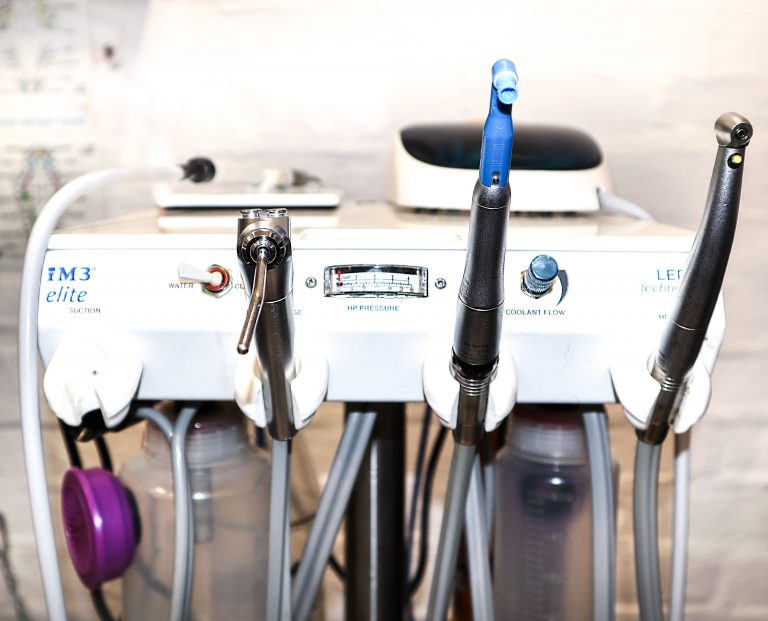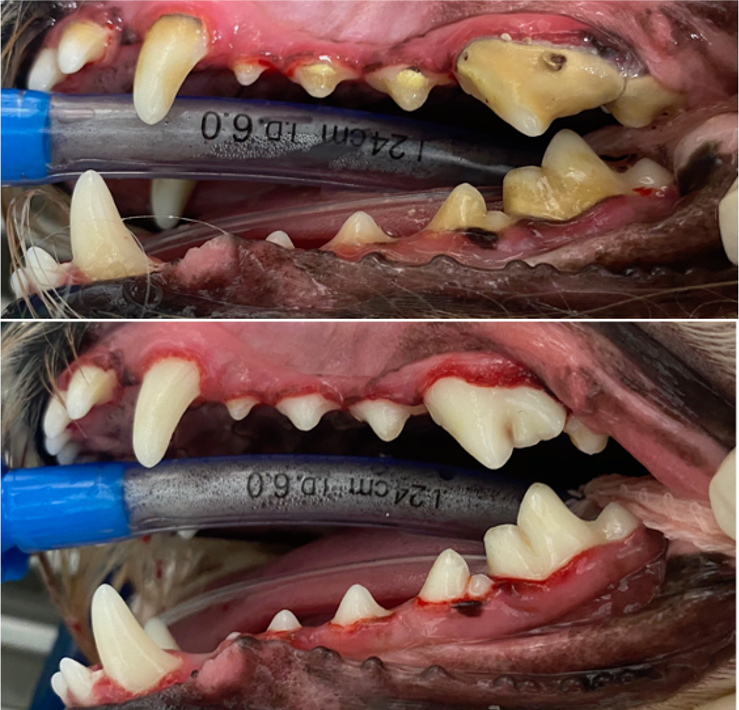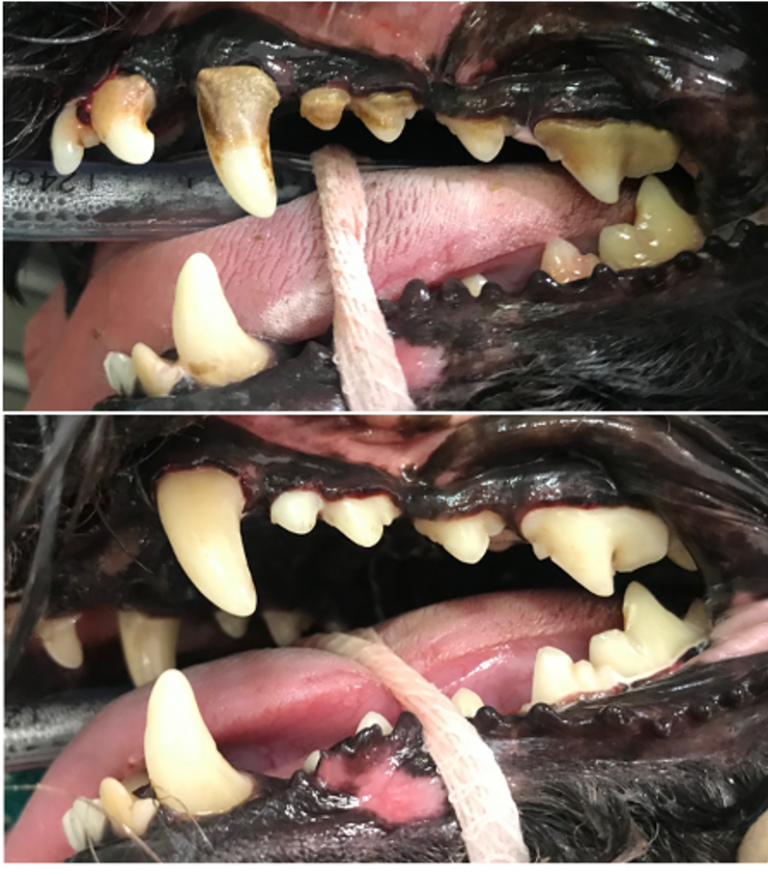Dental Disease
Dental disease in dogs and cats is one of the most common findings at routine clinical examinations. Dental disease ranges from very mild redness of the gums (gingivitis) and discolouration of the teeth, up to severe changes involving tooth roots rotting, abscesses and nasty gum recession!
The most common sign of dental disease is bad breath however on closer inspection you may see tartar build up, reddened gums, excessive salivation and changes in appetite. As with humans, dental disease will cause your pet significant pain and can impact on their entire wellbeing. Tartar is literally dried pus in the mouth and continuously having this in your mouth is not a nice feeling. Dental disease can impact on your pet’s heart, lung and kidney function. Good dental health will lead to longevity and improved quality of life.
The gold standard of dental care involves brushing your dog or cat’s teeth daily with a specialised pet toothpaste and brush. Never use human toothpaste on your pet as they are not designed to be swallowed. We encourage all of our patients, especially new puppy owners to take the time to introduce brushing to your daily regime.
Not all pets (or human lifestyle!) are amenable to brushing, and an easy and effective way to assist your pet’s dental health is by feeding a prescription dental diet. These diets are designed to help clean teeth and reduce tartar build up and bacterial load in the mouth. ‘Hills T/D’ is our recommended diet and comes in small bites for those fussier critters as well as the large original kibble. ‘Royal Canin’ also make a similar diet called ‘Royal Canin Dental’. Both of these diets are stocked at the clinic.
Dental treats such as ‘Greenies’ and ‘Oravet’ chews are also designed to assist in your pet’s oral hygiene, and we recommend these as additional treats to our dental diets.
There are other options including nylabones and dental toys like kongs that can also be effective in assisting oral hygiene but often don’t work well alone.
Just like in humans, some animals will have terrible teeth and oral health despite all our recommendations. Genetics do play a big part in this! In these cases, your dog or cat may need to undergo a dental procedure under anaesthesia. General anaesthesia allows for a no pain, stress free dental procedure for your pet.
General anaesthesia is important in order to perform a full and thorough examination inside the mouth and an appropriate treatment for periodontal disease. Treatment may involve a scale and polish only or may involve extractions of more diseased teeth.
Dental disease has been a somewhat neglected illness, however over the years we are now recognising just how much it can impact on your animal’s health and wellbeing. Please contact Caulfield Veterinary Hospital for a complimentary dental examination with one of our staff for more information.



